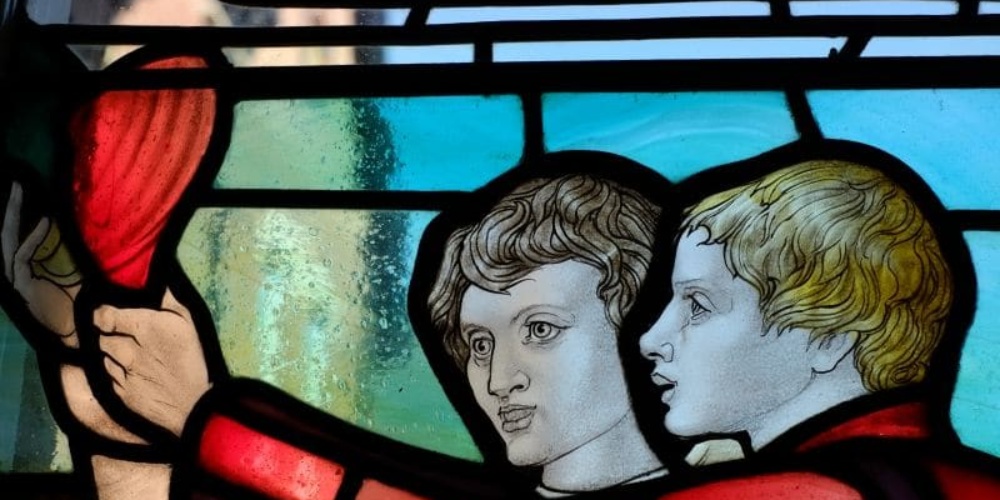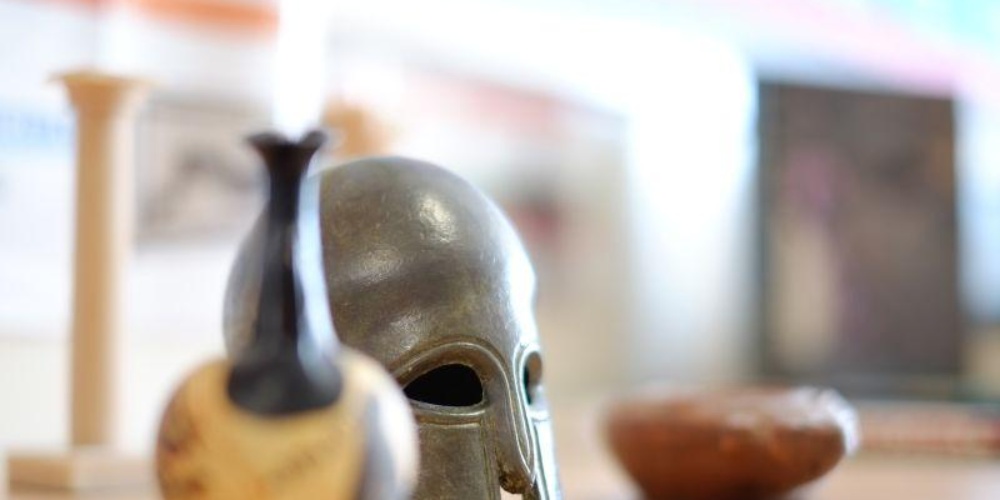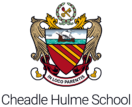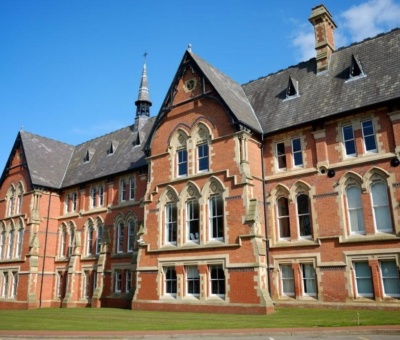Classical Civilisation & Latin A Level Exam Information
Host: Ms Meehan, CHS Classics Teacher
As part of our new series which sheds light on the subjects available to Sixth Form Students at CHS, Ms Meehan has taken over as Ed. Podcast host to tell you everything you need to know about studying A Level Classics at CHS!
Answer some FAQ’s about the course, learn about the course outline and requirements as well as co-curricular opportunities, and hear from current and Old Waconians about what life at CHS Sixth Form is really like.
A Level Latin
Students build on their knowledge of vocabulary and linguistic structures and translate increasingly complex Latin. Four set texts are studied in the original language, with some additonal material covered in translation to encourage students to understand the literary and historical context of the authors they have studied.
Course Structure
Four examined units: Unseen Translation, Comprehension, Prose Literature and Verse Literature
Reading and Resources
Text books for each of the set texts are used and we follow John Taylor’s ‘Latin Beyond GCSE’ and the Scottish Classics Group’s ‘The Latin Language: A Handbook for Students’. Additional reading can be obtained from the departmental library and we have subscriptions to a range of Classical journals.
Entry Requirements
Grade 7 or above in GCSE Latin.
Exam Board: OCR

A Level Classical Civilisation
The A Level course offers students the opportunity to study elements of the literature, philosophy, art, architecture and history of the classical world, acquiring in the process some understanding of the culture, politics and social life of Rome and Greece at significant periods in their history. Our topics are largely based around literature, but texts are never studied in isolation and knowledge of their social and historical context is always vital to understanding them. There is no language element to the course and no prior knowledge of Classical Civilisation (or Classical Languages) is required.
Course Structure
Homer’s Odyssey (Lower Sixth) and Virgil’s Aeneid (Upper Sixth) are studied in translation as part of the World of the Hero module, in which two of the great epics of the ancient world are compared. With their unique composition and exciting tales of gods and heros, these works of literature from an excellent grounding for exploration of the classical world.
In Lower Sixth, students will also study Greek Theatre, involving the analysis of visual and material culture including the archaeological evidence of the Theatre of Dionysus in Athens and a range of Greek vases. The views of the Greeks towards the nature of tragedy and comedy to the Greeks will be considered and three plays are read: Sophocles’ Oedipus Rex, Euripides’ Bacchae and Aristophanes’ Frogs. Students will familiarise themselves with the plot and context of these plays and analyse their social, political and religious themes.
In Upper Sixth, students will study Greek Religion as part of the ‘Belief and Ideas’ paper. The nature of the Olympian gods is studied through a variety of visual, literary and material cultures as well as the practicalities of religious ritual, the art and architecture of Greek temple complexes and the rise of philosophical thinking in the 5th Century BC.
There is no coursework and students are assessed in three papers at the end of Upper Sixth:
- The World of the Hero – 2 hours 20 minutes – 100 marks
- Culture and the Arts – 1 hour 45 minutes – 75 marks
- Belief and Ideas – 1 hour 45 minutes – 75 marks
Reading and Resources
A reading list is available and the departmental library is well stocked with classical reading. We also subscribe to a number of magazines focussed on items of interest to Classicists.
Entry Requirements
None , although a Grade 6 or above in GCSE English Literature is desirable.
Exam Board: OCR



